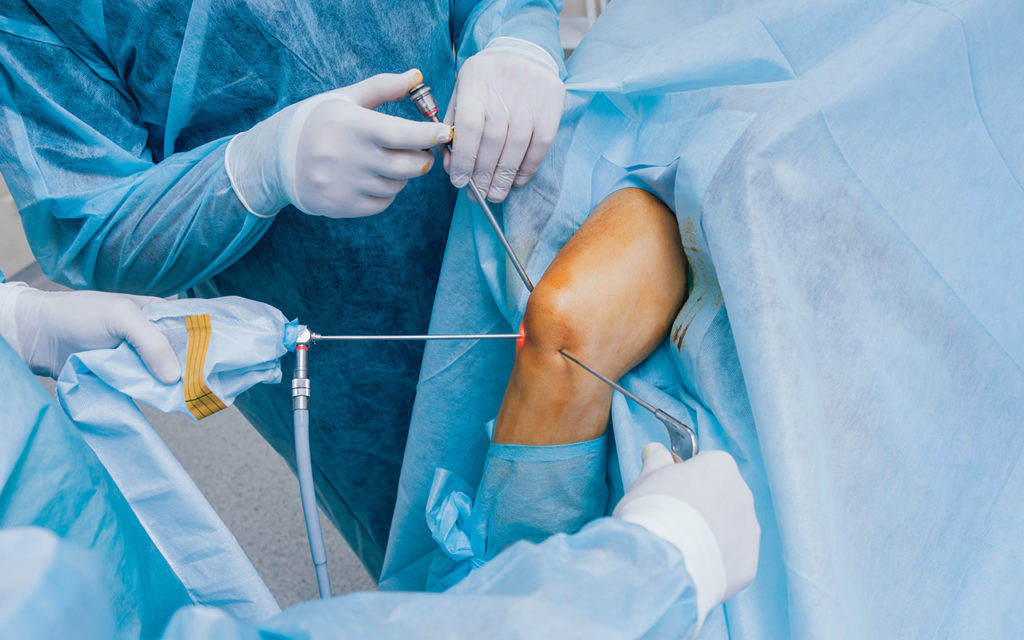Struggling with mood swings, fatigue, or irregular cycles? Hormonal imbalances might be the culprit. Achieving holistic hormone balance is essential to overall health and well-being. This approach to hormonal health focuses on natural, lifestyle-driven methods to help your body regulate its hormonal rhythms without relying on medications. In this article, we’ll explore the best foods and practices to support your body’s natural rhythm and create a sustainable pathway to holistic hormone balance.
Understanding Hormone Imbalance: Signs and Symptoms
Hormone imbalance can disrupt various bodily systems and manifest through numerous symptoms. A key component of achieving holistic hormone balance is understanding the signs that may point to an imbalance. These include fatigue, weight fluctuations, mood swings, irregular menstrual cycles, skin breakouts, and even sleep disturbances. By identifying these symptoms early on, you can take action toward restoring balance naturally. Holistic hormone balance emphasizes an integrated approach, allowing you to address underlying issues through diet, lifestyle changes, and mindful practices.
Top Foods to Support Hormonal Health
Your diet plays a significant role in achieving and maintaining holistic hormone balance. The foods you consume can either help regulate or disrupt your hormone production, so choosing the right ones is essential. Below are some top foods that contribute to hormonal health:
- Healthy Fats: Avocados, nuts, seeds, and olive oil support the production of cortisol and estrogen, two key hormones involved in stress and metabolism regulation. Healthy fats also help in maintaining the integrity of cell membranes, which is vital for holistic hormone balance.
- Cruciferous Vegetables: Vegetables like broccoli, cauliflower, and kale are excellent for supporting estrogen detoxification. These foods help the liver process excess estrogen, contributing to a balanced hormonal system and supporting holistic hormone balance.
- Protein-Rich Foods: Protein is crucial for thyroid health, which directly impacts hormone production. Foods like wild-caught fish, eggs, and legumes are great sources of protein that support your body’s natural rhythm and contribute to holistic hormone balance.
- Phytoestrogen Foods: Foods such as soy, flaxseeds, and sesame contain phytoestrogens, which can naturally support estrogen balance in the body. These plant-based compounds mimic the effects of estrogen, helping the body maintain an optimal level for holistic hormone balance.
- Adaptogenic Herbs: Maca root, ashwagandha, and holy basil are known for their ability to regulate cortisol levels, the stress hormone. Incorporating these herbs into your diet helps your body cope with stress and maintain a state of holistic hormone balance.
- Fermented Foods: Fermented foods like kimchi, kefir, and sauerkraut support gut health, which is intrinsically connected to hormone regulation. A healthy gut is a key pillar in achieving holistic hormone balance, as it helps with the absorption of nutrients needed for proper hormone production.
Holistic Practices for Hormonal Balance
Holistic hormone balance is not just about food; it’s also about adopting practices that nurture both your body and mind. Integrating the following holistic practices into your routine can enhance hormonal health:
- Mindful Movement: Engaging in regular physical activity like yoga, pilates, or walking helps reduce stress and supports hormone regulation. Mindful movement promotes blood flow and increases endorphin production, both of which contribute to holistic hormone balance.
- Stress Management: Chronic stress can wreak havoc on your hormonal system, particularly your cortisol levels. Practices such as deep breathing, meditation, and mindfulness can help manage stress levels, supporting holistic hormone balance by lowering cortisol and promoting relaxation.
- Sleep Hygiene: Getting sufficient and quality sleep is crucial for maintaining hormone balance. Poor sleep can disrupt hormones such as melatonin, cortisol, and ghrelin, which regulate your sleep-wake cycle and appetite. Prioritizing good sleep hygiene plays an essential role in your journey to holistic hormone balance.
- Detoxification: Natural detox practices, such as dry brushing and sauna sessions, can support the body’s natural detox pathways, which is crucial for maintaining holistic hormone balance. These practices encourage the elimination of toxins that may affect hormone function.
- Acupuncture: Acupuncture has been shown to help regulate menstrual cycles, reduce symptoms of menopause, and support overall hormonal health. By targeting specific points, acupuncture can help restore holistic hormone balance by improving energy flow and reducing stress.
The Role of Gut Health in Hormone Balance
One often overlooked yet crucial factor in achieving holistic hormone balance is gut health. The gut microbiome plays an essential role in hormone production, especially for hormones like estrogen and serotonin. A healthy gut helps break down and eliminate excess hormones, reducing the risk of imbalance. To support gut health, include prebiotics, probiotics, and fermented foods in your diet. These foods promote the growth of beneficial gut bacteria, which in turn helps maintain holistic hormone balance.
Lifestyle Changes for Long-Term Hormonal Health
Achieving and maintaining holistic hormone balance requires more than just dietary changes; it also involves adopting lifestyle habits that promote long-term hormonal health. Here are some lifestyle changes to consider:
- Dietary Adjustments: Gradually incorporating hormone-supporting foods into your daily meals can help restore balance without overwhelming your system. Focus on whole, nutrient-dense foods to support your body’s natural rhythms and hormonal needs.
- Exercise Regularly: Regular exercise is vital for metabolic health, which directly impacts hormone production. Find an activity you enjoy, whether it’s cycling, swimming, or strength training, to promote holistic hormone balance.
- Mindfulness and Relaxation: Integrating relaxation techniques into your daily routine can support emotional well-being, which is vital for holistic hormone balance. Whether through meditation, journaling, or breathing exercises, taking time to relax is crucial for managing the hormonal effects of stress.
When to Seek Professional Help
While achieving holistic hormone balance through food and lifestyle changes is effective for many, it’s important to recognize when to seek professional help. If symptoms persist or worsen, or if you experience severe imbalances like infertility or chronic fatigue, it’s essential to consult a healthcare provider. Functional medicine practitioners specialize in hormone imbalances and can offer personalized solutions to help restore holistic hormone balance.
Takeaway
Achieving holistic hormone balance is possible through a combination of nutrient-dense foods and mindful practices that support your body’s natural rhythm. By integrating hormone-supporting foods like healthy fats, cruciferous vegetables, and adaptogenic herbs into your diet, and incorporating practices like stress management, mindful movement, and sleep hygiene, you can help your body regain harmony. Holistic hormone balance is an ongoing process, but with the right approach, you’ll feel more energized, balanced, and connected to your body.
FAQ
What foods can help balance hormones naturally?
Foods like healthy fats, cruciferous vegetables, and fermented foods can naturally support hormonal health and help you achieve holistic hormone balance.
How long does it take to balance hormones with food and lifestyle changes?
It may take several weeks to months to notice significant changes, depending on your specific imbalance and commitment to holistic hormone balance.
Can stress really affect my hormone balance?
Yes, chronic stress leads to elevated cortisol levels, which can disrupt hormone production. Stress management is key to achieving holistic hormone balance.






